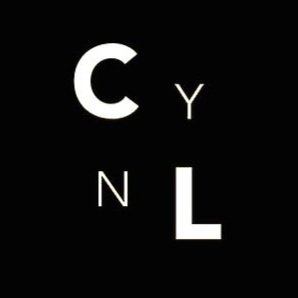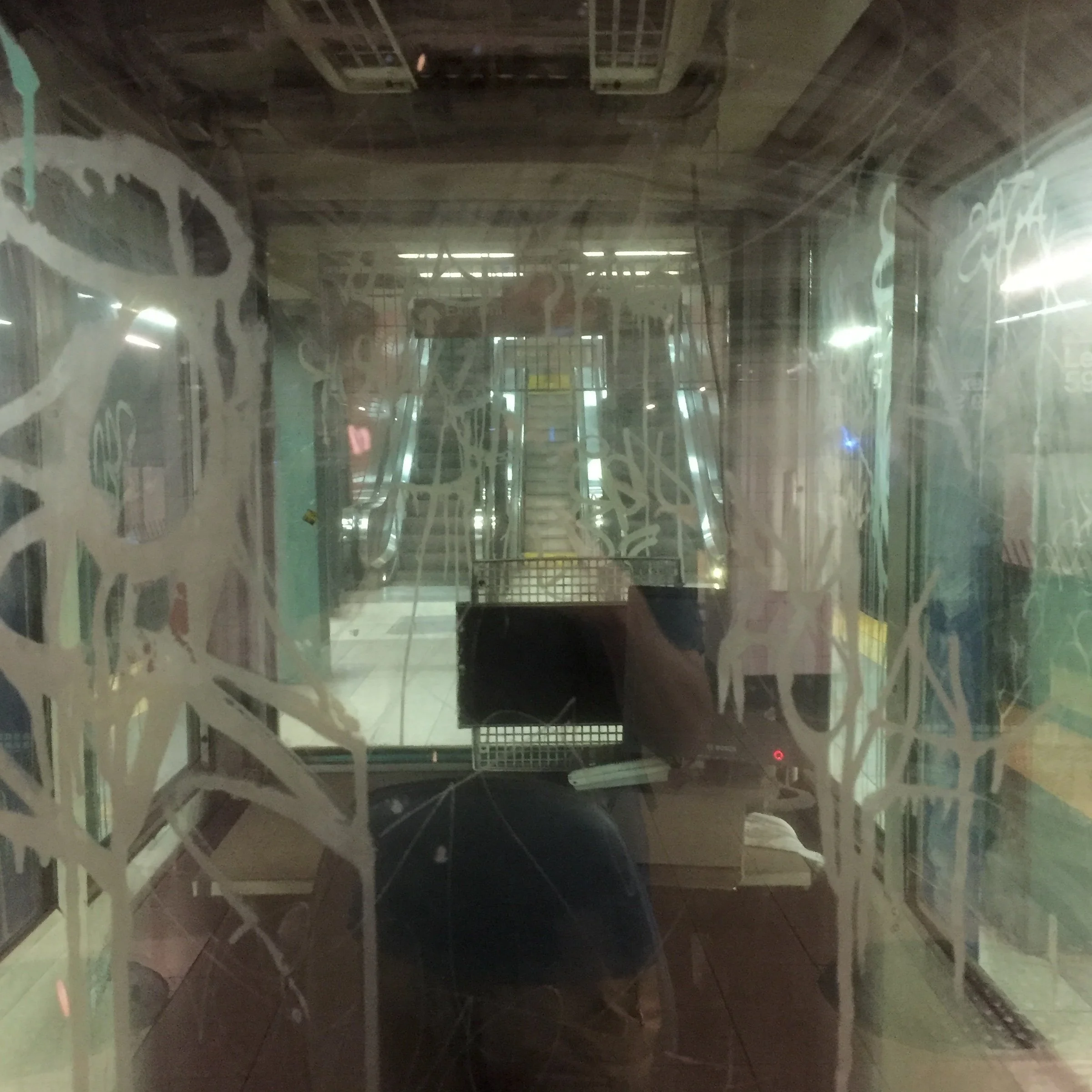What is Clandestine Laboratories?
Clandestine Laboratories is an anti-commercial “auteur” brand originally meant to be anonymous yet honest, which is one of the things that has made it difficult to communicate and which has led to some adjustments along the way. Including the fact that I’m not anonymous any more, just difficult to google.
Clearly it’s also the perfect name for a hip and mysterious urban fragrance brand and suggests a certain underground, forbidden quality that borders on the illegal. L’interdit c’est moi!
In 2010 I realized it would be really cool to be able to make new smells that would become part of people’s lives and that I might be good at it. My insight, which I’m sure many others have had as well, was that the industry was overly dominated by huge vertically-integrated multinationals that make most of the commercial fragrances on the market worldwide and train most professional perfumers - and that this presents an opportunity for upstart perfumers to create truly independent brands. My inspiration was also that there might be other people like me who simply want to smell good but don’t want to smell like a giant logo or like they’re trying too hard and who also don’t want to make themselves or people around them suffer for their love of fragrance. Too bad I didn’t know anything about perfumery back then or I’d be famous by now!
I’ve come to realize that what sets Clandestine Laboratories fragrances apart is that not only don’t I love commercial fragrances, I have intentionally learned perfumery on my own without a frame of reference other than raw fragrance materials and reading reviews without smelling the fragrances themselves. I find inspiration in nature, but mostly in the raw materials of perfumery: essential oils, absolutes, resinoids, tinctures, fractions - and in aromachemicals and natural isolates, some of which are absolutely fabulous materials in their own right. I’ve generally avoided the DIY boards in favor of absorbing information (especially GCMS data aka headspace analysis) from Bill Luebke’s The Good Scents Company website, which has provided an incredible public resource for independent perfumers and people interested in learning perfumery. I’m not trying to be ‘edgy’, I simply don’t have much real knowledge or admiration for existing fragrances - except Coriandre and a couple others. Instead, I hope to to create timeless fragrances that could be classics, something that has led to two general responses to my fragrances. Some are seen as radically new, unlike anything else that has been done before, whereas others seem to be recreations of certain classics (none of which I’ve ever smelled, so far). Both responses are incredibly gratifying. In particular, it’s been wild seeing myself compared to legendary perfumers I’ve read about for years, but whose work I haven’t smelled - and also to contemporary giants like Jean-Claude Elena.
Fragrance can be a way of transforming the reality of life into something extra-ordinary, or at lest accentuating it with reminders that there’s more to life than just the day to day, there’s also a “vertical” or poetic element to experience that lies outside of time and narrative. Ideally, they’re a secret doorway into a mysterious dimension that provides a subtext for all the other senses, that connects us all together through chemical signals in the environment that interact directly with our nervous systems and which transform and help give meaning to the experience of life. Too much of fragrance marketing imo focuses on selling fantasy narratives, often aspirational, that are about appealing to about other people and about pumping up the ego, affirming the self, filling a lack of self-esteem and sex. I’m saying: fragrance can enhance the present and evoke the past and future, the imaginary and the sensate. It can add to the verticality and depth of experience as opposed to the typical narrative of exclusiveness, sexiness and luxury.

